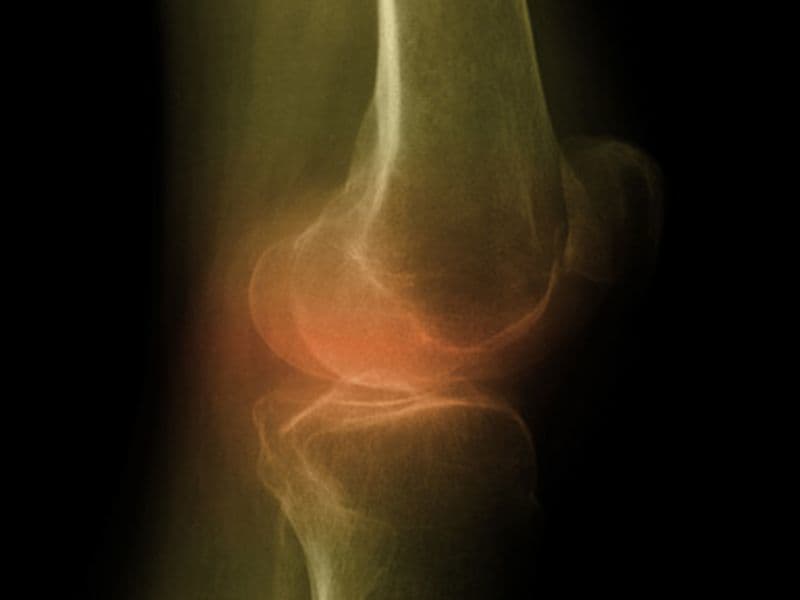
Has stroke hit your family particularly hard? A healthy lifestyle may be your best defense, new research shows. The study of more than 306,000 white British people found that exercising, eating right and not smoking lowered stroke risk — even for those whose DNA predisposed them to the attacks. The findings “highlight the potential of… read on >






























